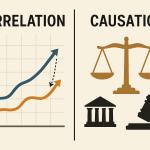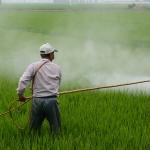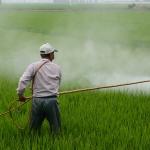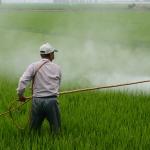Many people, including government officials and members of the judiciary, commonly confuse correlation with causation, although they are critically different.
glyphosate
Join Cameron English and Dr. Chuck Dinerstein on Episode 73 of the Science Dispatch podcast as they explore the link between pesticides, Parkinson's and genetics:
Most cases against Roundup are pending in state courts that do not adopt the Daubert (reliability) standard and Rule 702 of the Federal Rules of Evidence.
Some websites declare everyone has used or been exposed to glyphosate at some point, providing a treasure trove of potentia
Once a trusted institution that disseminated science-based guidance to pediatricians and parents, the American Academy of Pediatrics (AAP) has devolved into an activist group that parrots agitprop from NGOs like Greenpeace.
Activist groups utilize a well-worn set of propaganda tools to turn the public against pesticides. These range from funding junk studies to buying favorable media coverage and filing endless lawsuits against chemical manufacturers.
As we have seen with glyphosate, IARC’s assessment, even if contradicted by many other governmental agencies, can result in the banning of compounds and billions
Countless articles at the American Council on Science and Health have reported on the studies underlying the regulatory science of glyphosate. It would be fair to say that our analysis suggested little risk.












